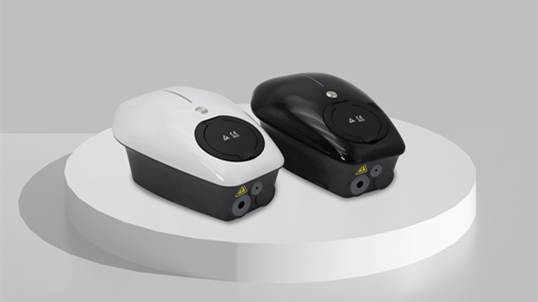
There are different types of EV chargers available, but why do you need a smart EV charger for home? A smart charger is crucial for preventing power overloads and efficiently managing energy consumption, ensuring your home’s electrical system and the grid remain stable while optimizing your charging times for cost savings and sustainability.
The first concern is the potential for power overload in the household. Residential electricity systems rely on diversity, meaning not all devices can be used simultaneously without strain. For example, few homes have a 10kW shower running for an hour while also using an electric oven, washing machine, and hair dryer. However, the scenario changes with a plug-in electric vehicle, which can draw up to 7kW of power continuously for over ten hours. When combined with the base load of other household appliances like showers, this can easily exceed the service capacity, potentially overloading the electrical system and tripping the 23kW (100A) circuit breaker.
The second problem is that the grid also relies on diversity. This means not showering, cooking, and heating at the same time. Connecting two long-draining 7kW EV chargers can overload the power grid and local substations. This increase in power demand comes at a time when it is becoming more difficult to have the capacity to meet peak demand. With fewer coal-fired power plants and more intermittent renewable, grid operators need more tools to manage demand. Energy management is the real reason behind the government’s move to promote smart chargers for electric vehicles.
Advantages of Smart EV Charger for Home
A conventional 22kW EV charger typically takes 6-7 hours to fully charge an EV battery, while a 50kW fast charger can complete the process in less than an hour. However, since home and work are the primary locations where EVs are charged, cars are often left plugged in for longer than necessary.
Smart EV chargers offer significant advantages by ensuring your vehicle only charges when it’s most efficient—both from a cost perspective and for the grid. Charging during off-peak times, help reduce demand on the electrical grid and lower energy costs. Additionally, smart chargers enable energy stored in EV batteries to be used during peak grid demand, further contributing to grid stability and sustainability. This intelligent energy management makes smart chargers a key solution for both individual EV owners and the broader energy ecosystem.
